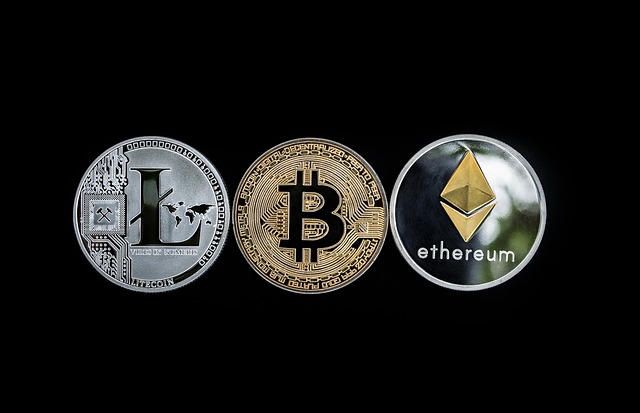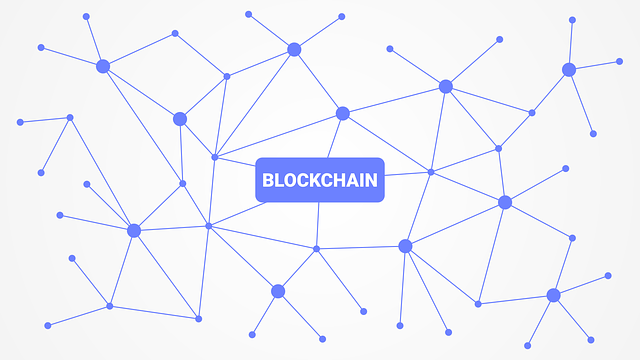Blockchain: Much More Than Crypto
Blockchain technology has revolutionized various industries and has proven to be much more than just a foundation for cryptocurrencies. Its decentralized and transparent nature has the potential to transform the way we conduct business and handle data. Let's explore some key aspects of blockchain that go beyond crypto.

Decentralization: Redefining Trust and Security
One of the fundamental characteristics of blockchain is decentralization. Unlike traditional centralized systems, blockchain operates as a distributed ledger, where multiple participants (nodes) validate and record transactions. This ensures transparency, eliminates the need for intermediaries, and reduces the risk of fraud and manipulation. The decentralized nature of blockchain technology enhances trust and security in various sectors.
Data Integrity and Immutability
Blockchain utilizes complex cryptographic algorithms to secure data, making it virtually immutable and tamper-proof. Once a transaction is recorded on the blockchain, it becomes nearly impossible to alter or delete without consensus from the network. This feature makes blockchain an ideal solution for industries that require trustworthy and transparent data storage, such as healthcare, supply chain management, and electoral systems.
Smart Contracts: Automating Business Processes
Smart contracts are self-executing contracts with predefined conditions written directly into the code of a blockchain. These contracts eliminate the need for intermediaries, ensuring trust, transparency, and efficiency in business transactions. They automatically enforce the agreed-upon terms and trigger actions once specific conditions are met. Smart contracts have the potential to revolutionize a wide range of industries, including finance, real estate, and logistics.

Tokenization: Digitizing Assets
Blockchain enables the tokenization of real-world assets, representing them as digital tokens on a distributed ledger. Tokenization allows for fractional ownership, increased liquidity, and easier transferability of assets, making previously illiquid assets accessible to a broader range of investors. This concept has the potential to transform the way we invest in real estate, art, commodities, and even intellectual property.
Supply Chain Transparency and Traceability
Blockchain technology can address the challenges of supply chain management by providing transparency and traceability. By recording every step of a product's journey on the blockchain, it becomes possible to verify its origin, track its movement, and ensure compliance with standards and regulations. This level of transparency can help prevent fraud, counterfeiting, and unethical practices, benefiting industries such as agriculture, fashion, and pharmaceuticals.
Blockchain Gaming: Play to Earn Explained
Jogos Play to Earn Explicados (Explained Play to Earn Games) is an emerging trend in the blockchain gaming industry. These games utilize blockchain technology to enable players to earn cryptocurrency rewards for their in-game activities. This innovative concept has the potential to reshape the gaming industry by providing gamers with real-world value for their time and skills.

In Conclusion
Blockchain technology offers far more than just cryptocurrencies. With its decentralized nature, data integrity, smart contracts, tokenization, supply chain transparency, and innovative gaming possibilities, blockchain has the potential to drive significant changes across various sectors. As the technology continues to evolve, we can expect more groundbreaking use cases and transformative applications of blockchain in the future.